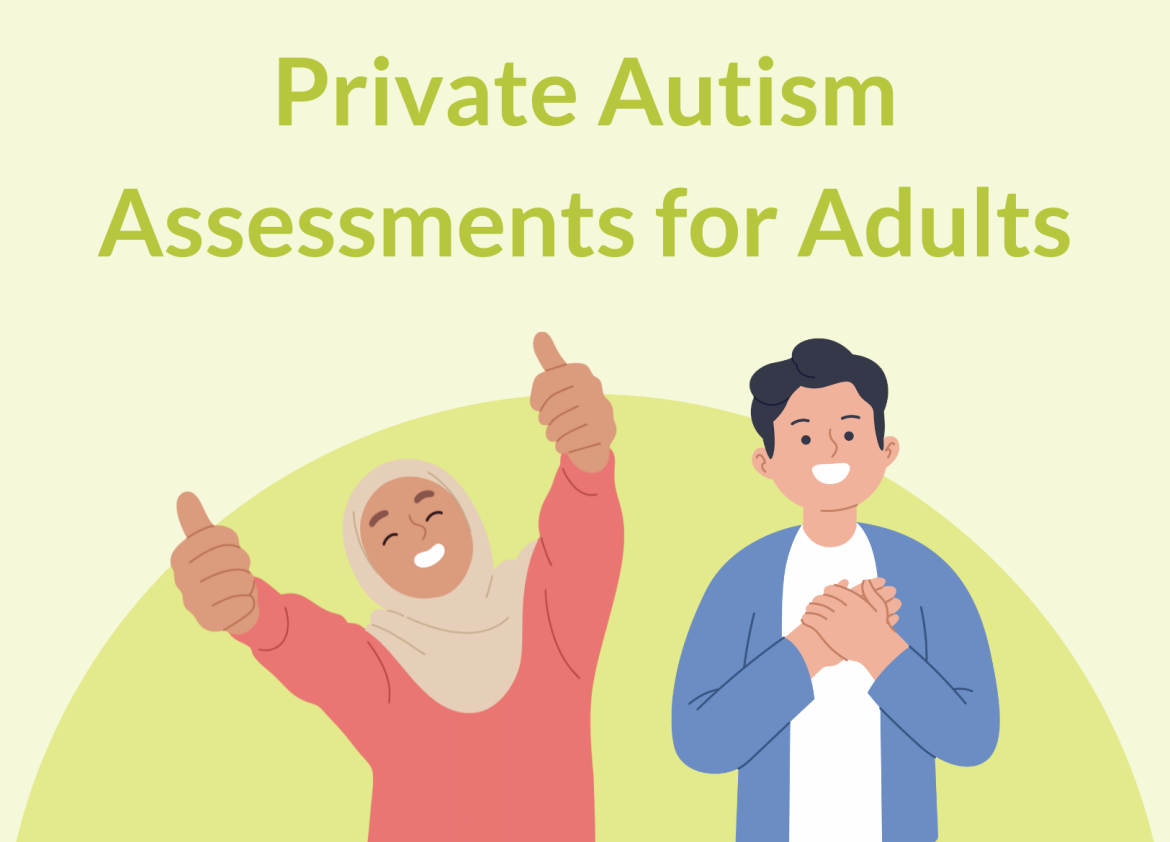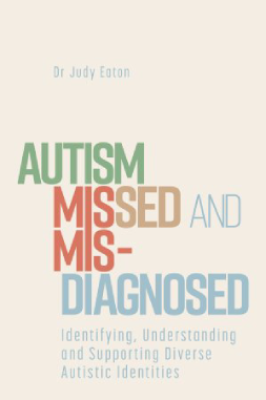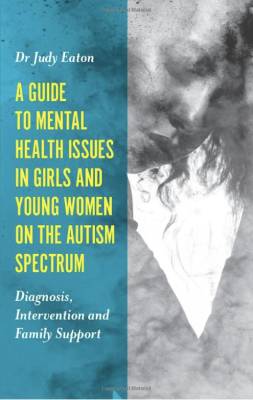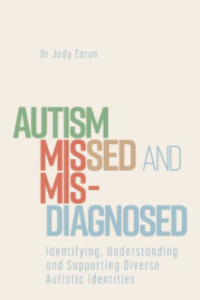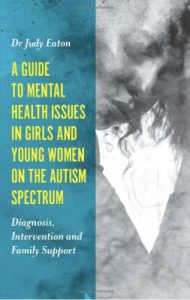Help for Psychology offers an independent assessment and diagnosis service for adults who would like to explore if they are autistic including, autistic with an extreme demand avoidant profile.
We offer two different assessments for adults. The first is a diagnostic opinion, which is aimed at adults who merely wish to understand themselves better. The other is a full multi-disciplinary assessment following NICE Guidelines, which is more suitable for adults who may wish to access local services for support post diagnosis.


